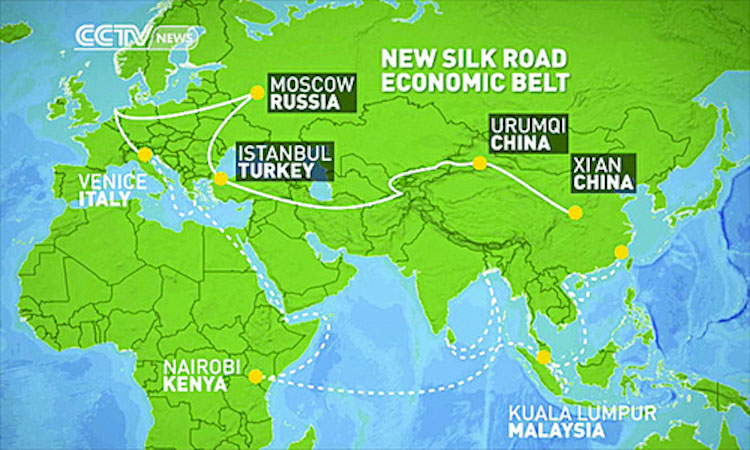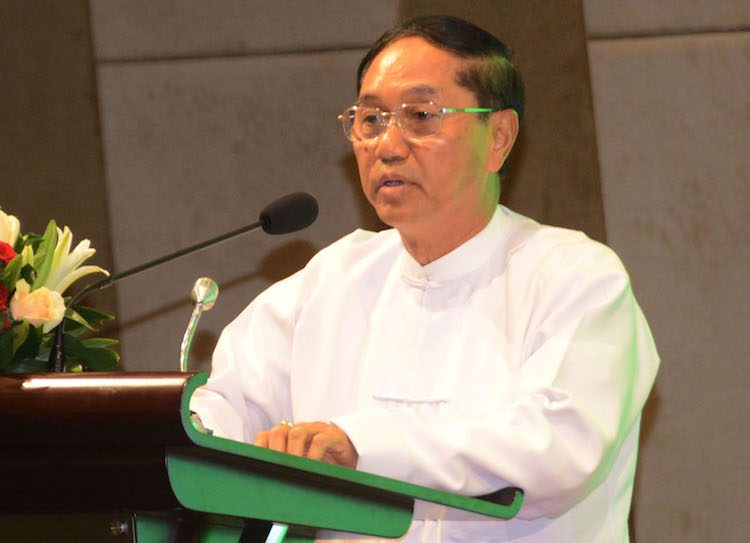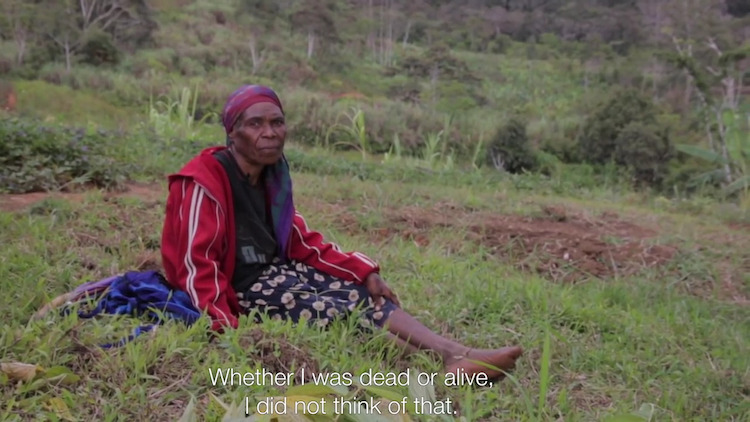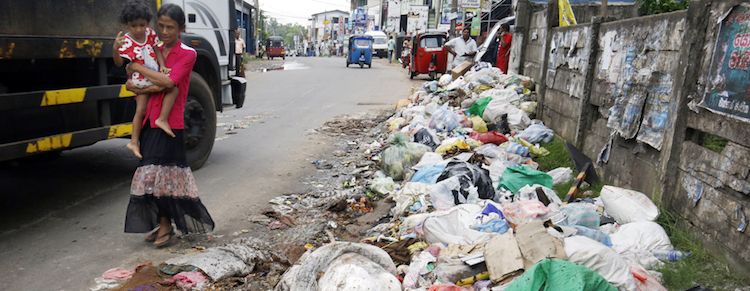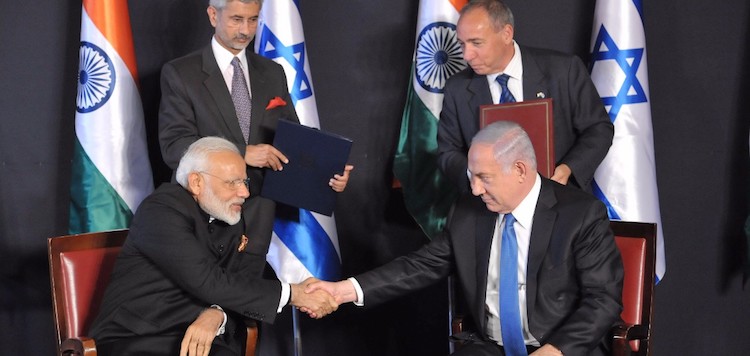By 38 North
38 North is a website devoted to informed analysis of North Korea. 38 North is a program of the US-Korea Institute at the Johns Hopkins School of Advanced International Studies in Washington, DC. The following is Editor’s Column as it appeared on August 9, 2017 with the title Fake News. – The Editor
WASHINGTIN, D.C. (IDN-INPS) – Lost in the media scrum about threats and counter threats from President Trump and North Korea is a very important story that was totally missed. While headlines a few days ago blared that North Korea said it would never negotiate with the US on its nuclear and missile programs, in fact, it never said that. This isn’t the first time the media missed the story. It happens all the time, whenever it covers statements by North Korea.


